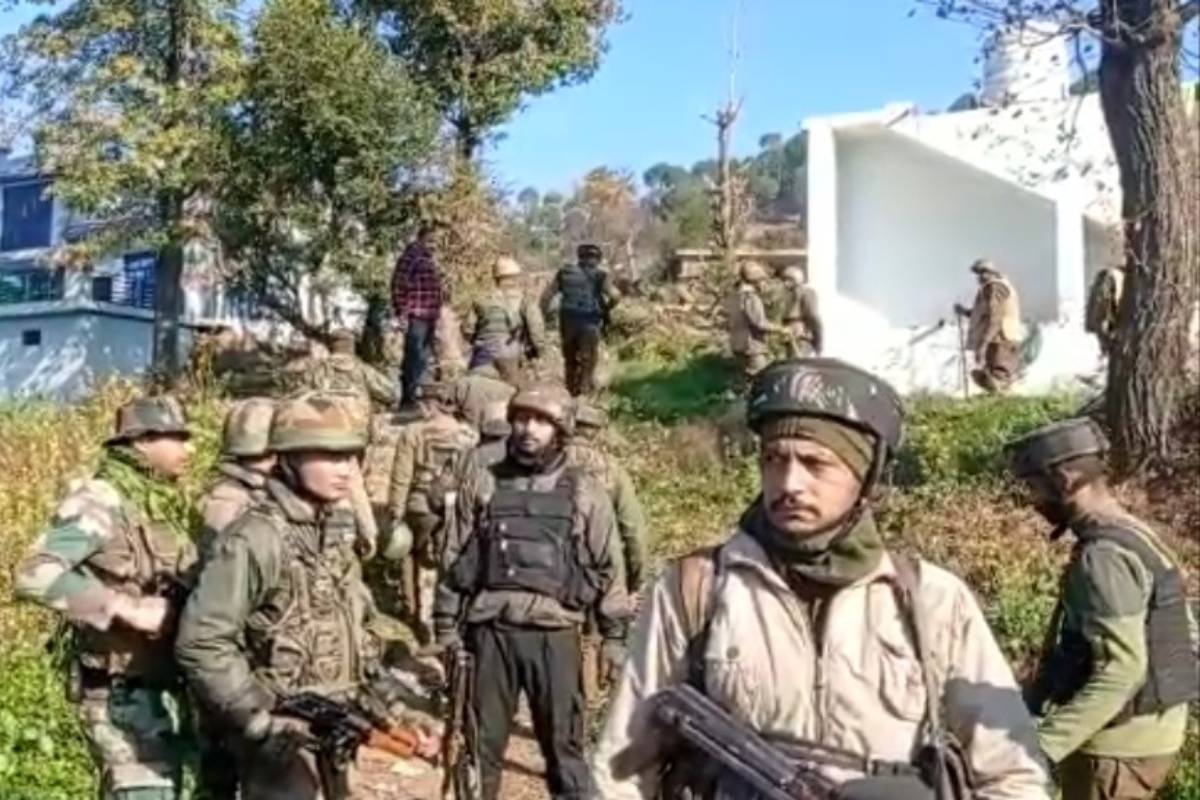The months of April and May have brought home with tragic results the shift in focus of Islamist terror groups based in Pakistan from the Kashmir Valley to the Jammu region, specifically the areas of Poonch-Rajouri. On 20 April, five Indian Army jawans were killed as their truck was set ablaze and the attackers opened fire on them in the Jammu region.
A proxy group of the Jaish-eMohammed claimed responsibility for the attack. On 5 May, terrorists detonated an IED during an encounter in a forested area of Rajouri in which another five soldiers were martyred. Media reports said two Lashkar-e-Taiba affiliated terror groups have been operating in the area for the past couple of years and the suspicion is they were behind the attack. In both cases, the fact that the terrorists managed to circumvent the Army and Border Security Force deployed along the Line-of-Control and International Border and infiltrate into India is a cause of concern.
Advertisement
It also underlines the need for local policing to be strengthened and improved as it is near-impossible logistically for the Army and paramilitary forces to ensure complete coverage of the porous border areas over rough terrain; there will always be a few who get through. Security forces are especially vigilant in the near term given that India is set to host a G20 tourism summit in Srinagar from 22 May to 24 May. Looking at the medium to long term, a news portal reports the Centre has sanctioned the creation of more than 600 positions in the Jammu and Kashmir Police (JKP). The approval is for 607 positions in 42 new border police posts in the Union Territory, which will result in the hiring of an additional 39 sub-inspectors, 50 assistant sub-inspectors, 88 head constables, and 430 constables for the new posts.
This is a welcome move to strengthen the second tier of the counter-infiltration grid in the region. But what we do not need is more of the same. Which is to say, the personnel to be recruited and those already serving in the local police need to be trained and retrained to negotiate the asymmetric nature of Pakistan’s proxy war. To do so, however, would need a near-complete overhaul of the training system currently in place.
An emphasis on intelligence gathering, thorough background vetting before induction, and access to the latest tech-enabled weaponry are among the recommendations of security experts. But over and above these efforts, which need to be brought to fruition in a time bound banner, a strategy of imposing costs on the terror tanzeems and their sponsors across the border will have to be adopted to make them cease and desist. And that requires seamless coordination between the first tier of security at the border and the second tier in the hinterland. Once the G20 show ends, the government would do well to address these needs. They are of vital importance.









